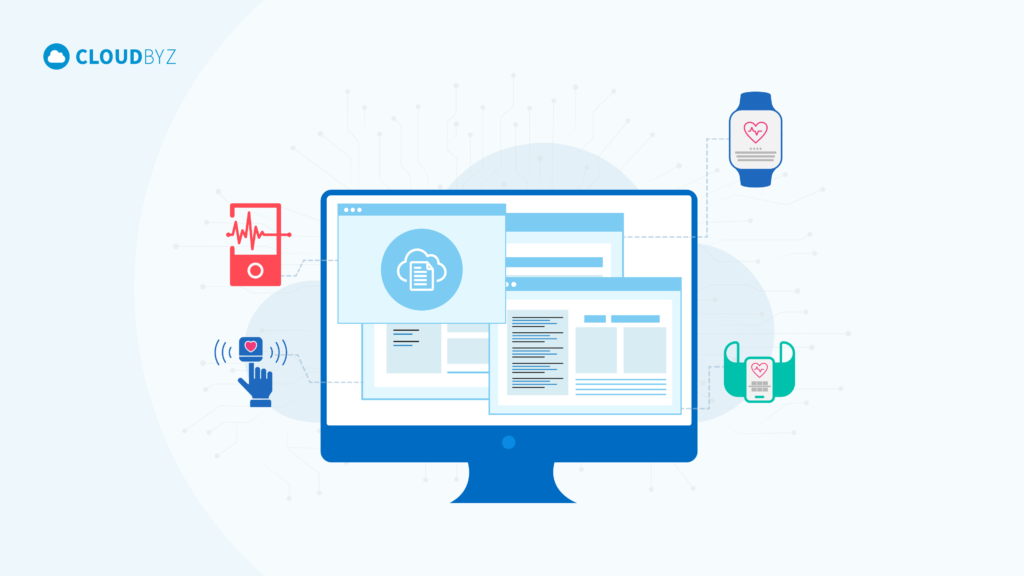
Implementing Electronic Data Capture (EDC) systems in clinical trials offers numerous benefits, including improved data accuracy, faster data availability, and streamlined processes. However, biotechnology sponsors face several practical challenges during its implementation. Here are ten of these challenges along with best practices to avoid or mitigate them:
1. Integration with Existing Systems
Challenge: Integrating EDC systems with existing databases and software can be complex, leading to data silos or compatibility issues.
Best Practice: Prioritize EDC solutions that offer flexible integration capabilities with existing systems. Use APIs and middleware solutions that facilitate smooth data exchange and ensure all systems are compatible from the start.
2. Data Security and Compliance
Challenge: Ensuring data security and compliance with regulations like HIPAA and GDPR is critical and challenging, given the sensitive nature of clinical trial data.
Best Practice: Choose EDC providers with robust security certifications. Implement comprehensive data governance policies, and regularly train staff on data security and privacy regulations.
3. User Adoption
Challenge: Resistance to change and lack of technical proficiency can hinder user adoption of EDC systems among clinical trial staff.
Best Practice: Conduct thorough training programs and create a support structure to help users acclimate to the EDC system. Choose user-friendly EDC platforms that require minimal technical knowledge.
4. Data Quality and Accuracy
Challenge: Ensuring the data collected is accurate and of high quality is imperative but challenging, especially in multicenter trials.
Best Practice: Implement real-time data validation rules within the EDC system to catch errors or inconsistencies early. Regularly train site personnel on data entry standards and monitor data quality continuously.
5. Cost Management
Challenge: EDC systems can be expensive, with costs associated with software licensing, training, and maintenance.
Best Practice: Conduct a thorough cost-benefit analysis before implementation. Consider open-source or cloud-based EDC solutions as cost-effective alternatives. Negotiate with vendors for flexible pricing models.
6. Scalability
Challenge: As trials progress, EDC systems need to scale, accommodating more data and users, which can be a technical and logistical challenge.
Best Practice: Select an EDC solution that offers scalability both in terms of data volume and concurrent user access. Plan for scalability from the start, ensuring the system can handle future growth.
7. Customization Needs
Challenge: Each clinical trial is unique, and EDC systems might not meet all specific requirements out of the box.
Best Practice: Choose EDC platforms that allow for extensive customization. Work closely with the vendor to tailor the system to your trial’s specific needs without compromising on data integrity or security.
8. Mobile Accessibility
Challenge: Ensuring the EDC system is accessible and functional on mobile devices can be difficult, yet it’s crucial for remote data capture and monitoring.
Best Practice: Opt for EDC solutions designed with mobile accessibility in mind, facilitating remote data entry and access. Test the system across different devices and platforms for compatibility.
9. Data Analysis and Reporting
Challenge: Efficiently extracting insights and generating reports from vast amounts of data collected through EDC systems can be daunting.
Best Practice: Utilize EDC systems with built-in analytics and reporting tools. Regularly train staff on data analysis techniques and consider integrating with specialized statistical software for complex analyses.
10. Global and Multilingual Support
Challenge: Conducting global trials requires the EDC system to support multiple languages and comply with international regulations, which can be complex.
Best Practice: Ensure the EDC system supports multiple languages and configure it to comply with country-specific regulations. Provide training and support materials in the native language of the trial sites.
Conclusion
Implementing an EDC system is not without its challenges, but with careful planning, training, and the selection of the right system, biotechnology sponsors can overcome these hurdles. Emphasizing best practices in system selection, data security, user training, and scalability can pave the way for a successful EDC implementation, ultimately enhancing the efficiency and effectiveness of clinical trials.
Cloudbyz EDC is a user-friendly, cloud-based solution that is designed to store and manage clinical data effectively throughout a clinical trial’s life cycle. Our innovative solution enables clinical research teams to efficiently collect, analyze, and manage clinical data of different complexity and size. Cloudbyz EDC is a scalable solution and meets all the essential regulatory compliance requirements such as FDA- 21 CFR Part 11, GCP, GAMP5, HIPAA, and EU- GDPR.To know more about Cloudbyz EDC Solution contact info@cloudbyz.com


